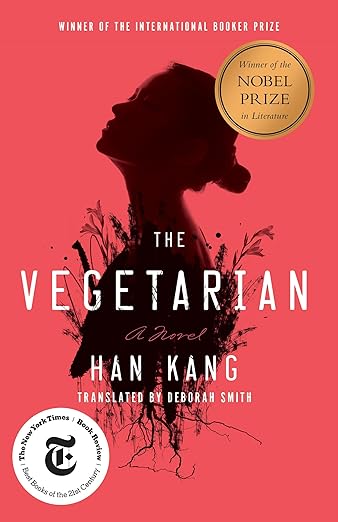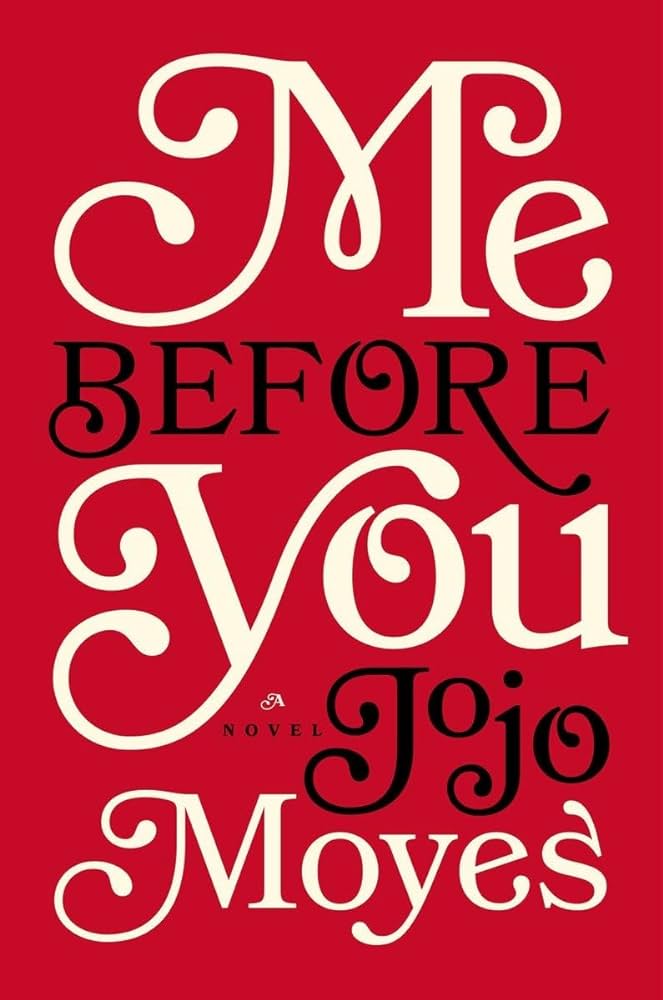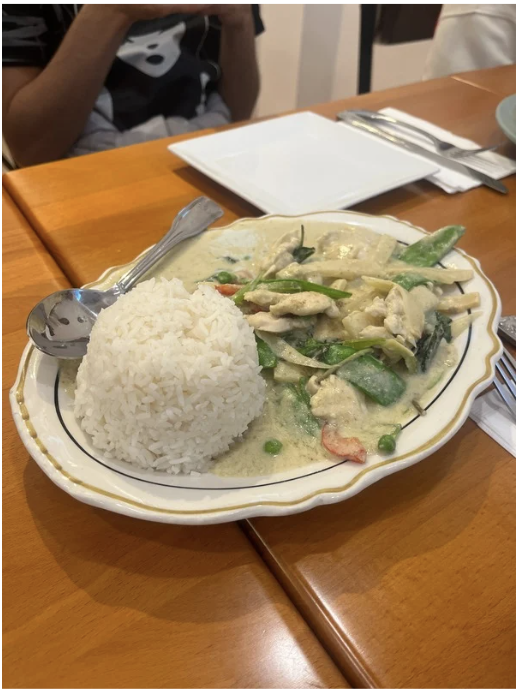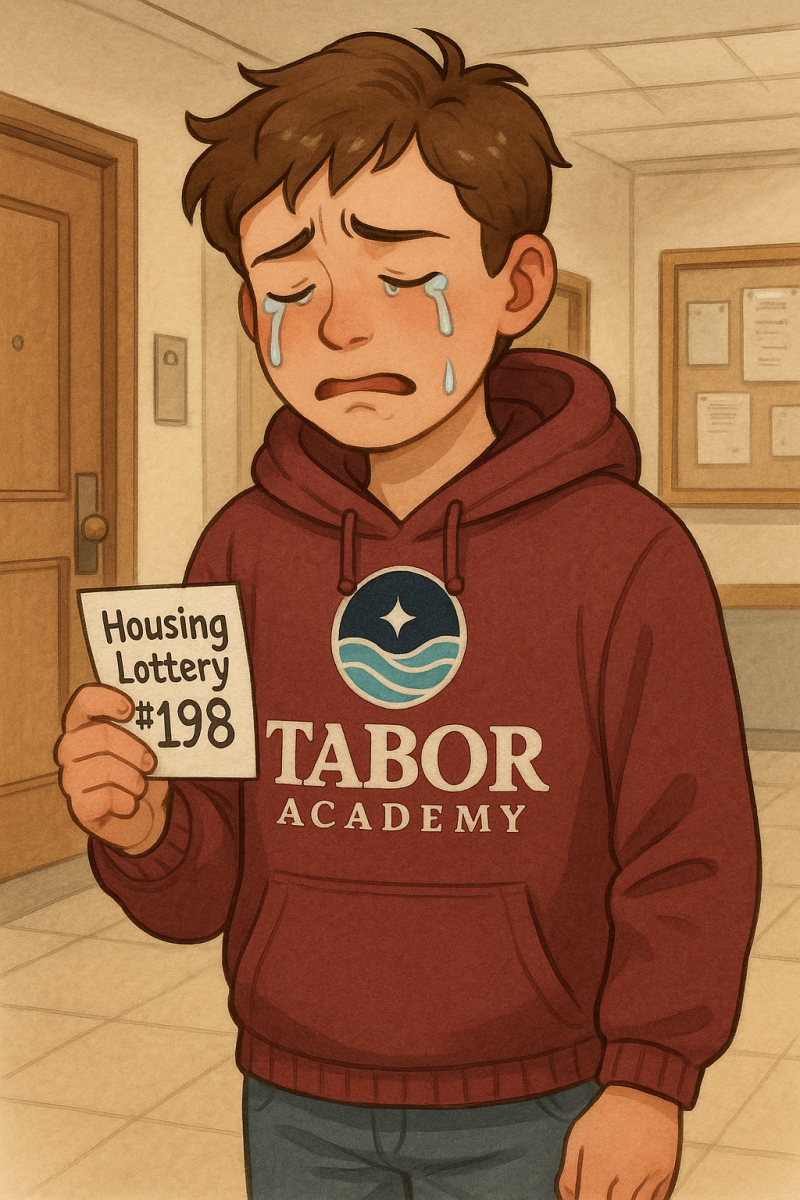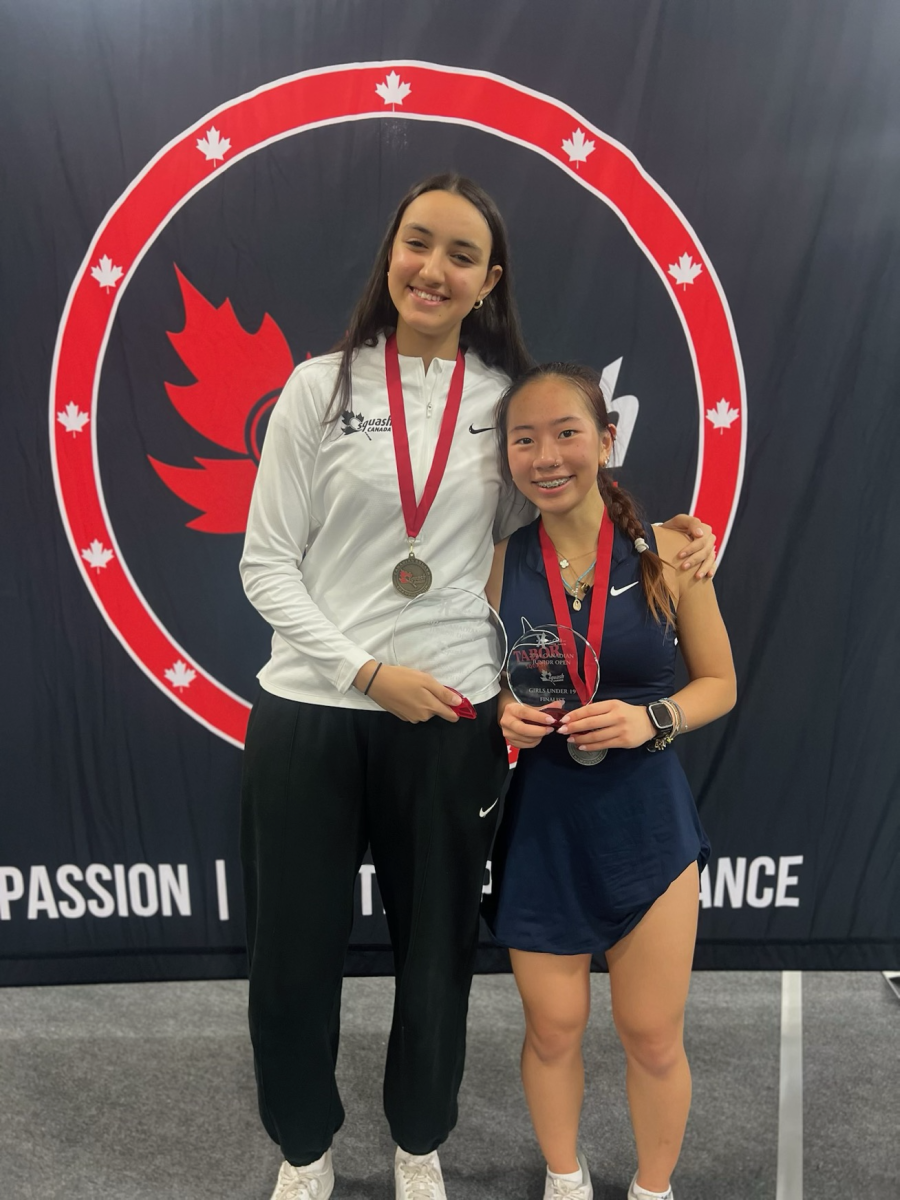Published in 2007, The Vegetarian, a novel by Han Kang, narrates the story of Yeong-hye, a Korean woman. After consistent dreams of bloody massacre of animals, Yeong-hye decides to become a vegetarian, choosing to divorce her husband Cheong and to stand against traditional values enforced by her other family members.
Kang splits the book into three sections, each written in the voices of Yeong-hye’s husband, her brother-in-law, and her sister. Despite being a story of Yeong-hye, she herself doesn’t have a voice in the narration. In every section, Yeong-hye’s actions are judged — whether reproachingly, empathetically, or mournfully — by others. Yeong-hye never explains why exactly she chooses to become a vegetarian and simply states “I had a dream.” None of the narrators truly understand her and the reason for her stubbornness. Han Kang’s choice in form accentuates the silencing of Korean females like Yeong-hye, in which they are trapped among eyes and judgements and unable to break free.
Many find The Vegetarian disturbing. It is. Especially when Yeong-hye lusts for the plant paint on her brother-in-law’s body. However, it is not the morally ambiguous sex she desires, but a symbolic intimacy with vegetation, where she can touch something that is harmless and break free from the burden of human morality. She wants to be a plant, something that lives free of human cruelty. The book ends with Yeong-hye transforming into a plant:
“Quietly, she breathes in. The trees by the side of the road are blazing, green fire undulating like the rippling flanks of a massive animal, wild and savage. In-hye stares fiercely at the trees. As if waiting for an answer. As if protesting against something. The look in her eyes is dark and insistent.”
Her transformation is powerful, symbolizing the freedom she craves. Through her rebellion, Yeong-hye finds her own character, one that exceeds the stereotypical role of females in Korean society.
In 2024, Han Kang received the Nobel Prize of Literature, the first Asian female winner. In an interview, she shared her creative process and passion. Books have always been her escape from patriarchal Korean society, allowing her to lock herself in another world. She decided to become a writer after she was stunned by the magic of words. Her thinking also transforms after writing each book:
“When I start to write one book, I have some questions I want to deal with during writing that book. And after I finish that book, I feel that I have reached the end of the question and I have changed because of that process.”
It is Kang’s care and depth in her thinking and writing that makes The Vegetarian sharp. Rather than letting her characters tread water on the surface, her complexity of thought informs an intense and coherent storytelling. She answers not only herself, but Yeong-hye and other Korean females in a similar plight.
